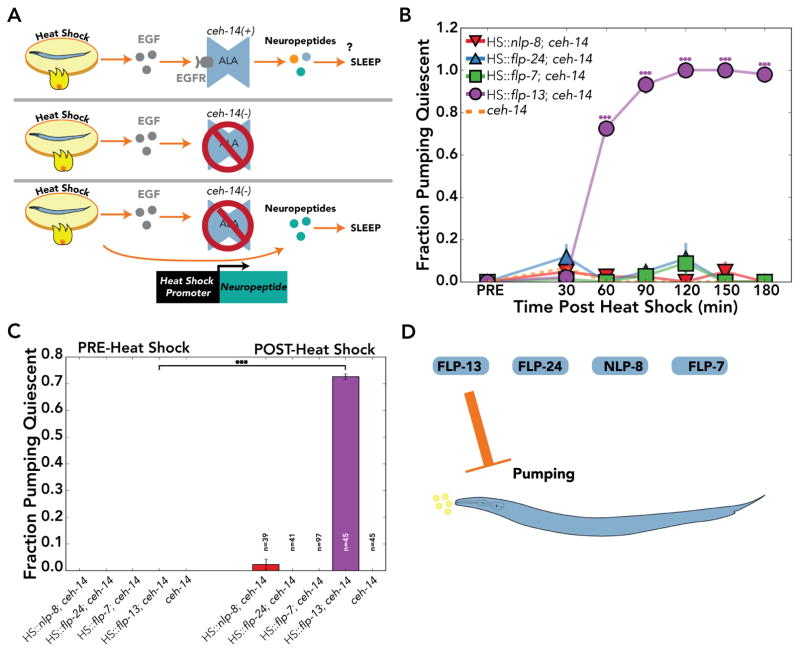Figure 4. Overexpression of FLP-13 inhibits pumping in C. elegans.
(A) (top) Heat shock induces sleep by EGF signaling. EGF binds to its receptor, EGFR, on ALA, which is thought to release neuropeptides that induce sleep. (middle) ceh-14 mutants have defective ALA neurons that do not express EGFR and are resistant to heat shock induced sleep. (bottom) A conditional heat shock promoter (HS) driving neuropeptide expression in the ceh-14 background can be induced upon heat shock without the confounding effects of EGF-induced sleep. This overexpression strategy assumes that the neuropeptides are acting at the right sites in physiological concentrations. It is unclear if results from these experiments are hypomorphic or neomorphic. (B) Time course monitoring the fraction of C. elegans pumping quiescent before heat shock (PRE) and up to three hours after heat shock induced neuropeptide overexpression (POST). (C) Fraction of C. elegans pumping quiescent before (PRE) and one hour after (POST) heat shock. (D) Overexpression of flp-13, but neither flp-24, flp-7, nor nlp-8 inhibited pumping. Data represents the fraction of animals quiescent from three or more independent assays, where n=total number of C. elegans. Data shown as mean±SEM, *p<0.05; **p<0.01; ***p<0.001; for (B) two-way ANOVA comparing transgenic strains to ceh-14 mutants with four post-hoc contrast using Bonferroni correction for multiple comparisons. (C) Fisher’s exact test.

